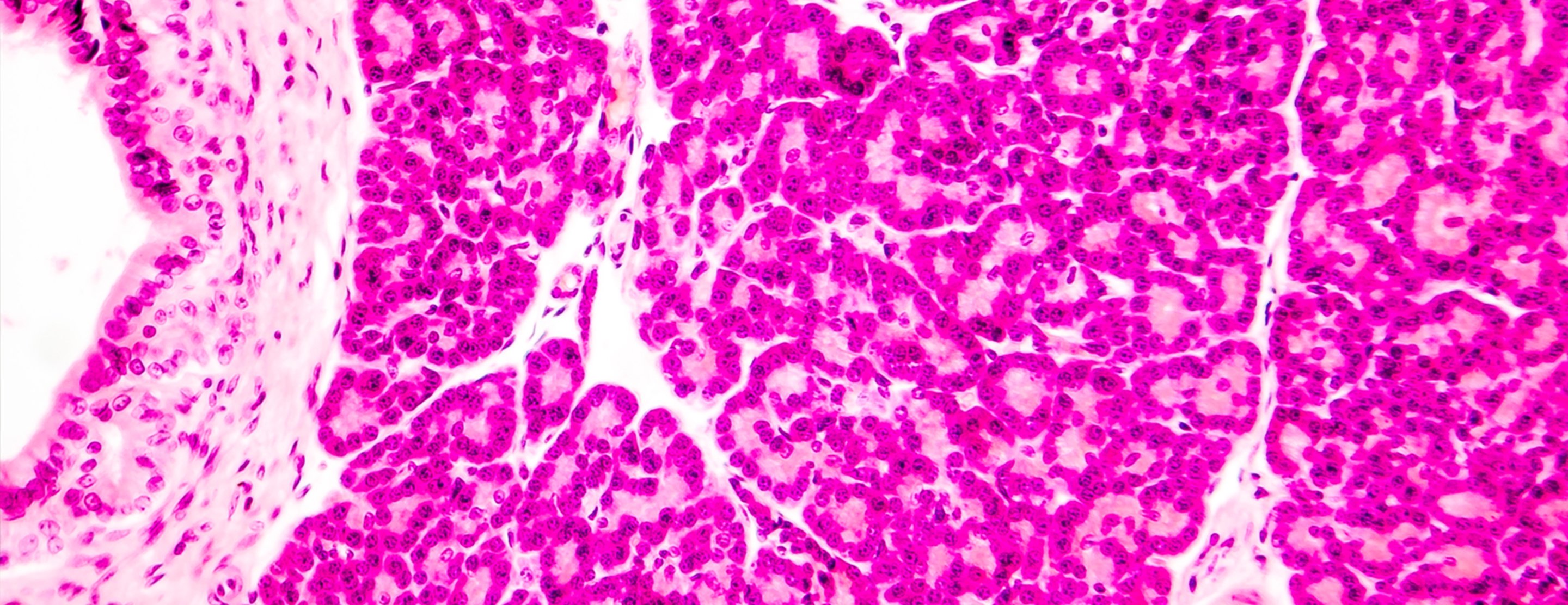During an islet transplant for type 1 diabetes, insulin-producing beta cells – contained in clusters called islets – are isolated from a cadaver donor's pancreas, then injected through the skin into the portal vein of the recipient's liver. The islet cells flow into the liver, lodge in small blood vessels and release insulin.

Islet Transplant for Type I Diabetes
The procedure temporarily reverses diabetes, allowing many recipients to discard their blood glucose meters, pumps and syringes to live free from diabetes for the first time in their lives. But much work remains to be done.
After a transplant, recipients must take immunosuppressive medications – which have potential side effects – for the rest of their lives to prevent transplant rejection.
UCSF is one of the few medical centers outfitted to perform islet transplantation.
Because there's a shortage of donor organs to provide islet cells, UCSF's world-renowned islet cell researchers are seeking new approaches to "growing" insulin-producing cells in the laboratory and looking for ways to make islets regenerate from adult stem cells that remain in the diabetic pancreas. We are among the world's leaders in the research of "immune tolerance" therapies – new, safer alternatives to current immunosuppressive drug therapies used to prevent the rejection of islet transplants.
UCSF is part of the Clinical Islet Transplantation Consortium, a multi-center organization sponsored by the National Institutes of Health.







